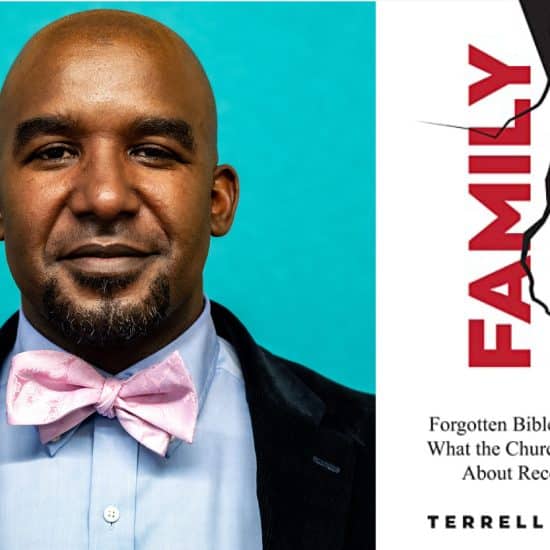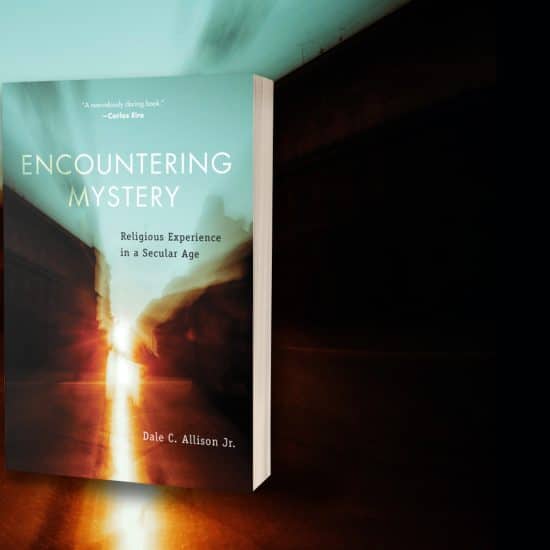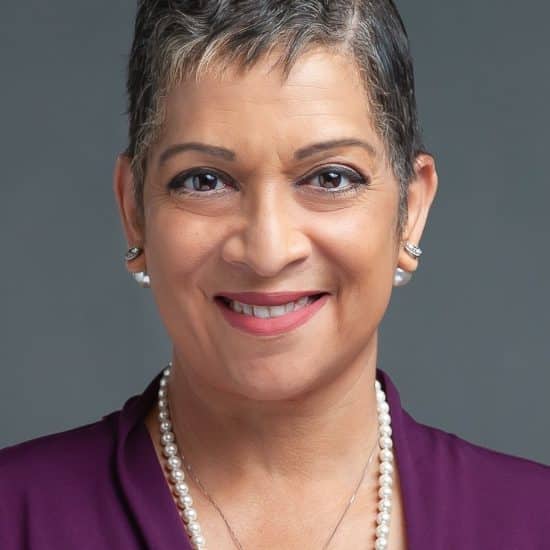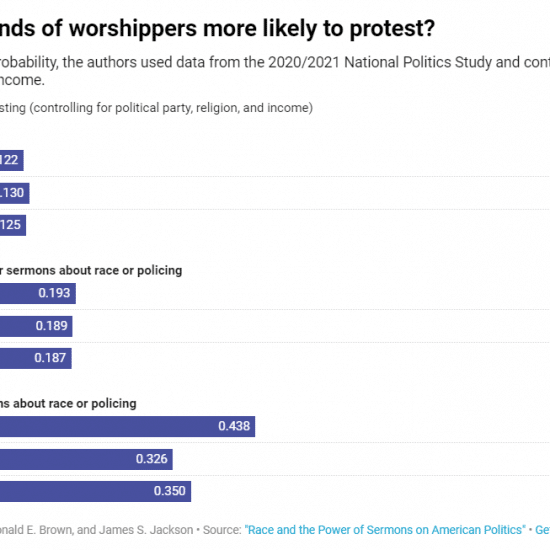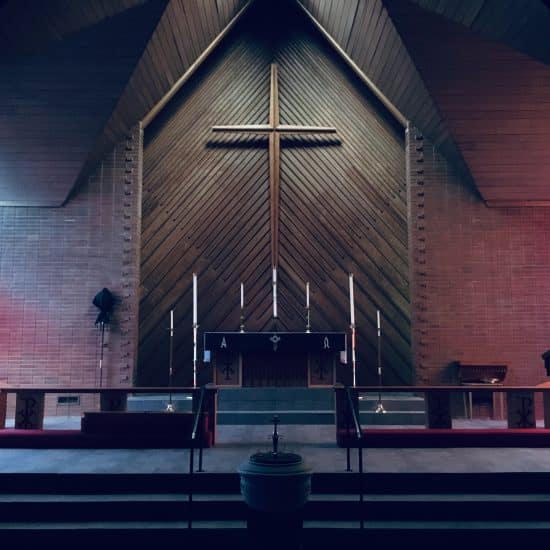By Bob Allen
Associated Baptist Press
NASHVILLE, Tenn. — A mother and son were estranged. She demanded his password for a social-networking website to make sure he wasn't doing anything untoward. He refused because he felt it invaded his privacy. With such an impasse on his mind, Chris Hammon asked a group of fellow counselors what they were doing with pastoral-care issues related to social networking.
"They kind of responded, 'Well, what's social networking?'" Hammon, administrator for online learning at the Wayne E. Oates Institute in Louisville, Ky., told a group of Tennessee ministers Oct. 21. "I knew immediately we were in trouble."
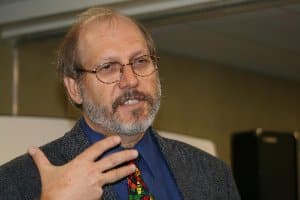 Hammon followed up by trying to find people to write on the topic of social networking and pastoral care and counseling for a special issue of the *Oates Journal,* which he also edits.
Hammon followed up by trying to find people to write on the topic of social networking and pastoral care and counseling for a special issue of the *Oates Journal,* which he also edits."I'm having a very, very hard time finding anybody that can address that issue," Hammons said. "This is a big concern area that I'm hearing from young people who are struggling with this, but we don't have a pastoral-care group up to speed on even what it is in a lot of cases."
Speaking at a dialogue on "Crossing the Digital Frontier" co-sponsored by the Oates Institute and Tennessee Cooperative Baptist Fellowship, Hammons said that is just one of the challenges facing churches in a digital age.
Hammon divided history into four separate eras based on the changing ways in which people have received and processed information.
The oral tradition, with its story form that produced the biblical text, gave way around 1500 to print. That in turn spawned the Reformation and led to the modern construct of authorized or official “gatekeepers” of information, such as government sources, religious authorities and newspapers.
Baby Boomers grew up in the broadcast eras of radio and television, with juxtaposed stories that trained their minds in non-linear thinking. Today's younger generation is the first to grow up with computers and by-the-minute news and networking as part of their daily lives.
For the first time, Hammon said, people from three different communication eras now exist in the same community, posing a myriad of leadership issues for today's "five-generation" church.
Today's young people process information like they learn to play a new video game, he said. They jump into the experience, go online for information they can use and network with others who share their interest. That is a far different experience than they find in a traditional church, where they are expected to sit in orderly rows and listen.
One response to that, Hammon said, is the emergent-church movement. But, he added, that doesn't help traditional churches, because if they lose their younger members they are also losing their future leaders.
Retaining them, on the other hand, presents the challenge of the "multi-layered expectations" of a younger generation looking for a church community relevant to them while an older generation that wants to worship the way they always have.
"The worship wars of the 1990s are about to come back with a new vigor," Hammon predicted.
"This group is going to want this, and the ‘digitals’ are going to want to be part of the conversation," he said. "The older people, that's not what they want to happen. So there's some tension there."
Hammon gave an example of one church where about 35 food-service workers who work night shifts and make most of their tips on weekends wanted to meet for a worship service at 1 a.m., after they got off work and before they went home. The church said, "No, we can't do that."
"We've got numbers of people who are working in healthcare and the younger the person the less seniority, and they get that 11-to-7 shift," Hammon said. "Computer technology people work 24/7. Sunday's just not always the best time for their schedule. So what do we do about that?"
"One of the challenges is how we perceive our call in ministry," he said. "Is our calling to do most of the ministry of the church, or is our calling to empower and equip the ministry of the church?"
Many churches, he said, have been educated in the mind-frame that ministers are paid to do the ministry of the church. He said that is going to have to change in a day and age of multi-layered expectations and extra demands coming within religious communities.
"How do we use professional status to equip and empower this collaborative energy that is coming into congregations to help energize and empower these communities so that people are connected with one another and not just sharing space at different times?" he asked.
Above: Chirs Hammon, administrator for online learning, Wayne E. Oates Institute in Louisville, Ky.

